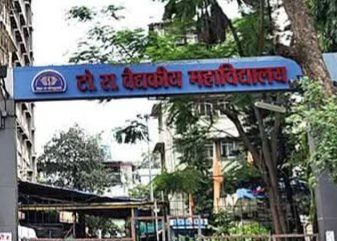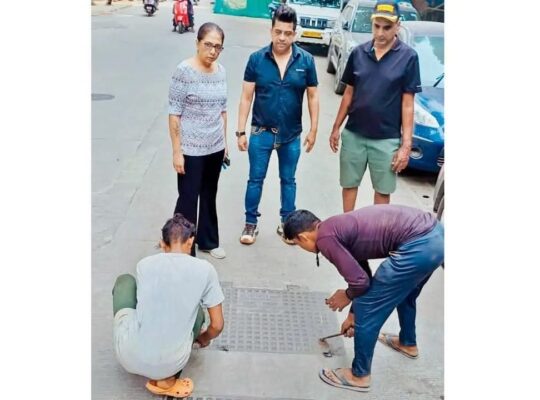Mumbai :- In a major move to address chronic staff shortages, the Brihanmumbai Municipal Corporation (BMC) has announced plans to hire over 700 full-time professors for its top civic-run medical colleges and attached hospitals. The recruitment will cover lecturers, assistant professors, and professors across KEM, Sion (LTMG), Nair, and Cooper hospitals.
The hiring process, to be conducted via the Maharashtra Public Service Commission (MPSC), is expected to begin within the next three months, according to Dr. Neelam Andrade, Director of BMC’s major hospitals.
**Critical Shortages in Teaching & Medical Staff**
Currently, BMC’s four major medical colleges have 891 sanctioned posts for assistant professors, but only 129 are permanent, 329 are contractual, and a staggering 439 remain vacant. This severe shortage has hampered both medical education and patient care for years.
“Permanent appointments will bring stability,” said Dr. Shailesh Mohite, Dean of Nair Hospital. “Many professors have been on contract for 7-8 years without job security or benefits like conference allowances.”
**Delays Due to Reservation Policy Changes**
Dr. Andrade explained that the hiring process was delayed due to revisions in reservation policies. The BMC has now submitted the updated roster to the state urban development department and awaits final approval before advertising the vacancies.
**Political Intervention & Demands for Fair Hiring**
Shiv Sena (UBT) leader Aaditya Thackeray recently met BMC Commissioner Bhushan Gagrani, urging immediate action. In his letter, Thackeray highlighted that contractual assistant professors have been underpaid and overlooked for permanent roles for 6-7 years, risking their career prospect
**Financial Concerns Amid Expansion**
While the recruitment is a welcome step, a former KEM department head warned of the financial burden on the BMC. “Ensuring these professors are present during duty hours will also be a challenge,” the official added.
The move aims to strengthen Mumbai’s public healthcare system, ensuring better medical education and improved patient care in the long run.











